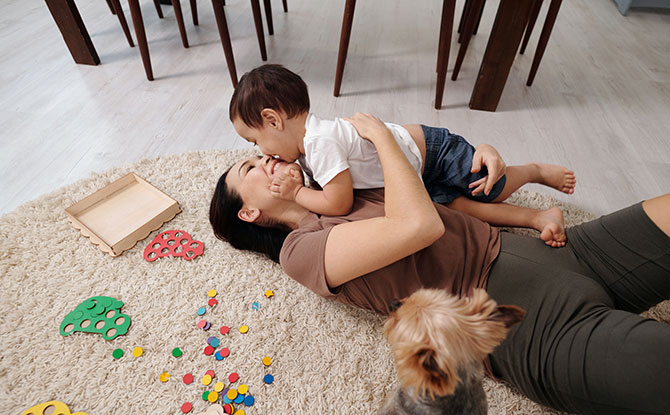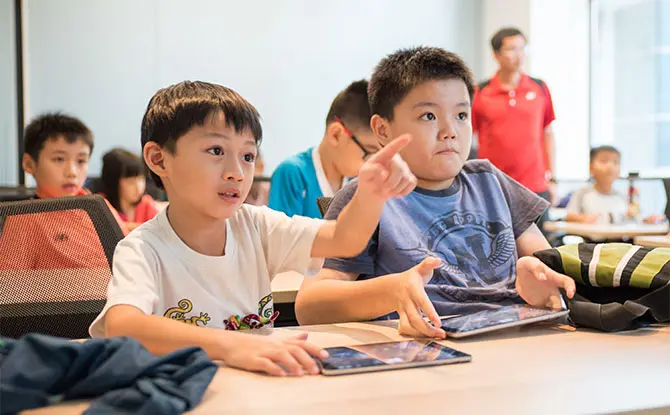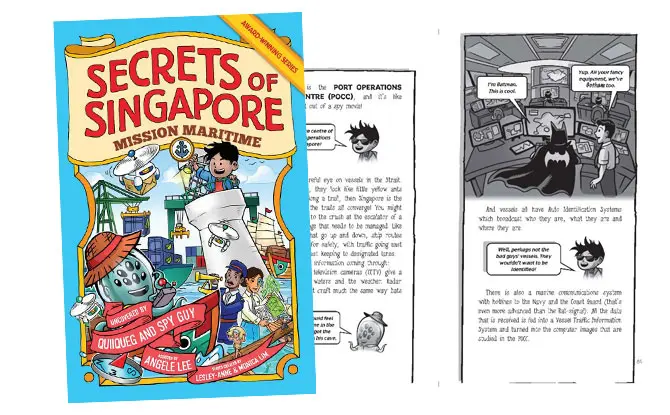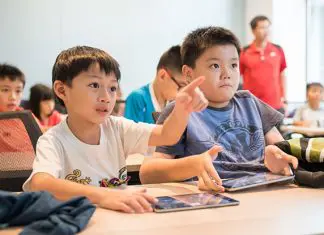
Parents of two to six year olds – your patience might often be tested while your little ones challenge their boundaries. Is that usual? How do we manage the “terrible toddler” phase? We have five book recommendations for the adorable yet tumultuous phase, recommended by parents and backed by experts!
If you have experienced a meltdown today (either yours or your child’s), fret not, the books may help you gain some perspectives!
Parenting Books For Toddlers & Preschoolers
How To Talk So Little Kids Will Listen
The “How To Talk” series have always been sought after by parents for respectful and effective solutions to the challenges of parenting. Adele Faber’s daughter, Joanna Faber, has tailored this book to parents of children ages two to seven.
If your little one wouldn’t brush her teeth, screams in his car seat, refuses to eat vegetables, runs amok in the mall – this manual of communication strategies will help! There is also one chapter addressing children with sensory processing and autism spectrum disorders.
FREE FOR LITTLE DAY OUT PARENTS: Sign Up for a Free Trial with ACT 3 Academy to Find Out If Drama Classes are Right for Your Child
3 Recycling Adventures: Fun Ideas For Kids & Families
1:1 & Small Group English Lessons: How to Get Personalised, English Help
The Whole Brain Child: 12 Revolutionary Strategies to Nurture Your Child’s Developing Mind
Neuropsychiatrist Daniel Siegal and parenting expert Tina Payne Bryson penned this bestseller with a revolutionary approach to child rearing and offers 12 key strategies backed by Science. The authors explain how a child’s brain is wired and matures, and also comes with age-appropriate strategies for day-to-day struggles. Their objective is to help parents understand the neurological changes and patterns, and cultivate healthy emotional and intellectual development in their children.
Cribsheet: The Data Driven Guide to Better, More Relaxed Parenting, from Birth to Preschool
Award-winning economist Emily Oster tackles the challenges of decision making in the early years of parenting. With an abundance of conflicting advice from well-meaning peers and relatives, how can parents make the best decisions? Using data, Oster debunks myths about breastfeeding, sleep-training, potty training, language acquisition and other topics. Parents can think through these challenges and decide based on data rather than misinformation.
No-Drama Discipline: The Whole Brain Way to Calm the Chaos and Nurture Your Child’s Developing Mind
Another gem by Daniel Siegel, he highlights the link between a child’s neurological development and how we react to misbehaviour. No-Drama Discipline helps parents deal with tantrums, tears with no drama. Redirecting emotions and using the opportunities for growth, the strategies are effective and compassionate. You can be the parent who can calmly connect and correct your child using the principles of whole-brain parenting and discipline techniques.
Brain-Body Parenting: How to Stop Managing Behaviour and Start Raising Joyful, Resilient Kids
In Brain-Body Parenting, Clinical Psychologies Dr Mona Delahooke offers a new approach to parenting based on her clinical experience and research in neuroscience and child psychology. She calls for a bottom up approach that considers the role of the entire nervous system to give children the resources they need to grow and thrive.
Brain-Body Parenting empowers parents with tools to help children develop self-regulation skills while encouraging parental self-care. As parents shift from securing compliance to supporting body-mind connection, they will understand their child well and through that encourage calm, harmony and resilience.
















